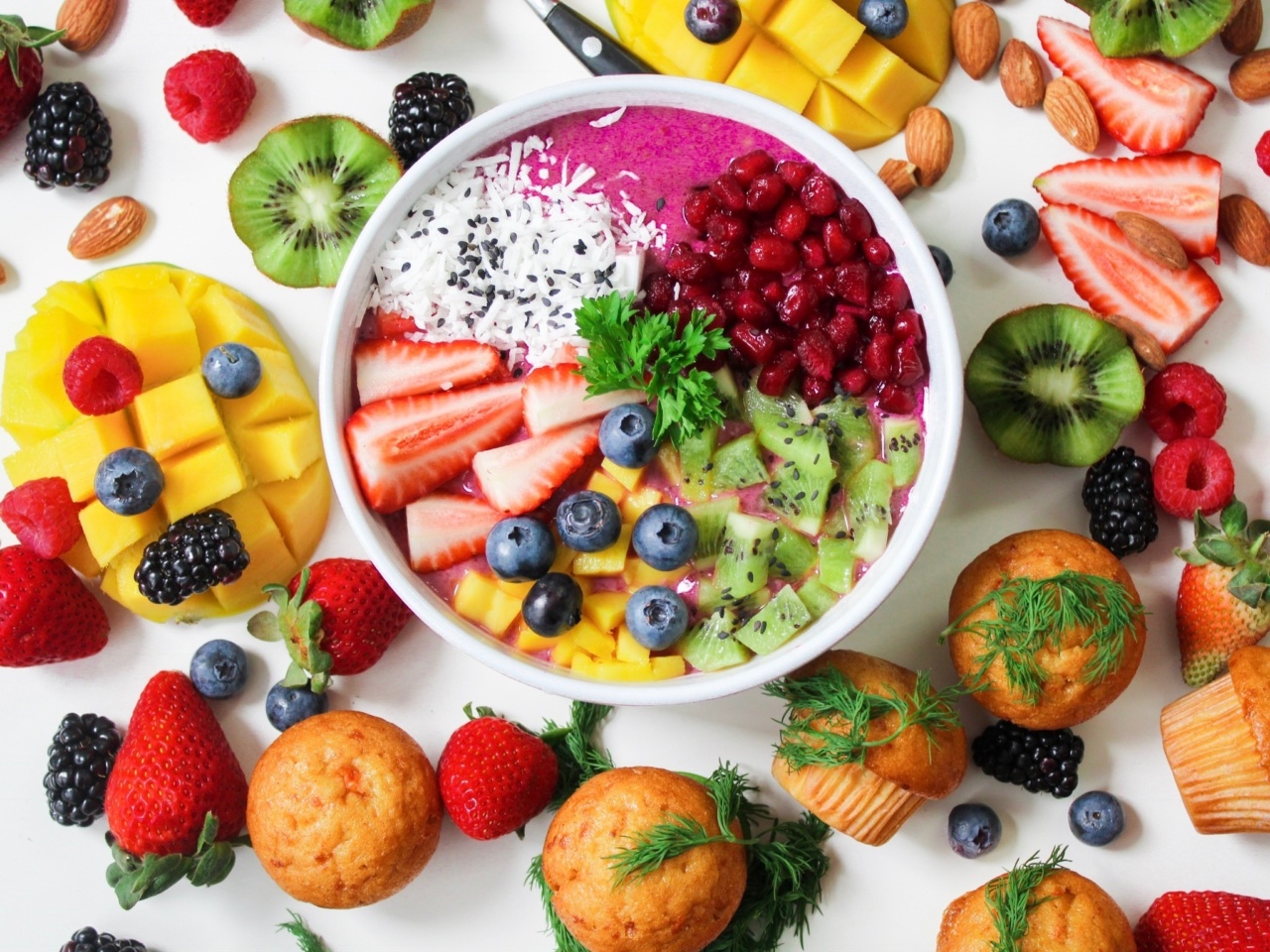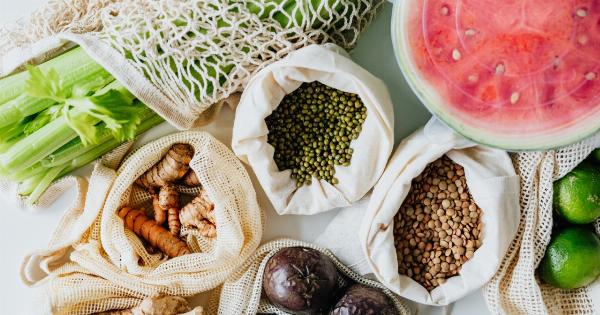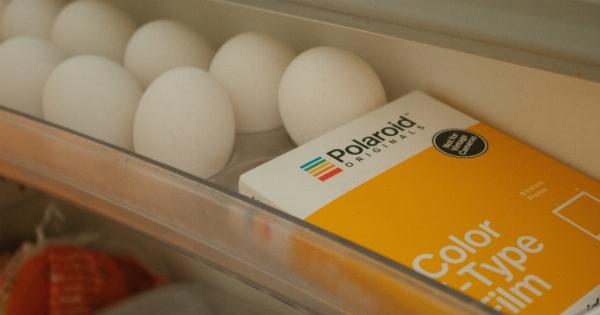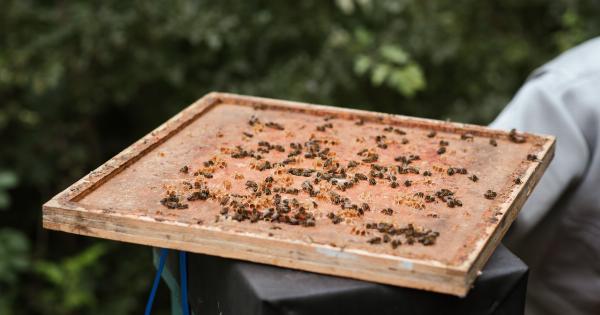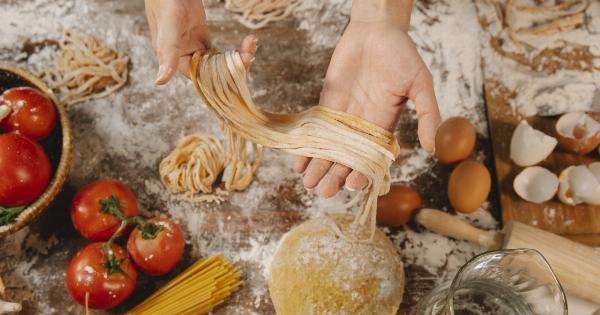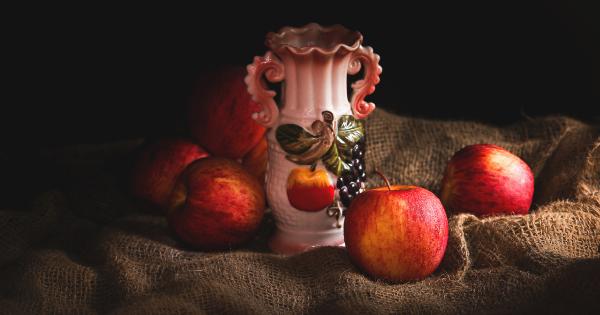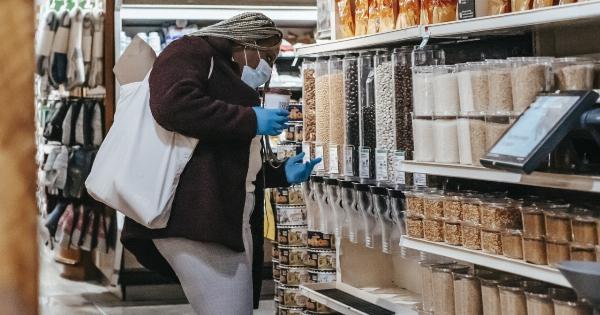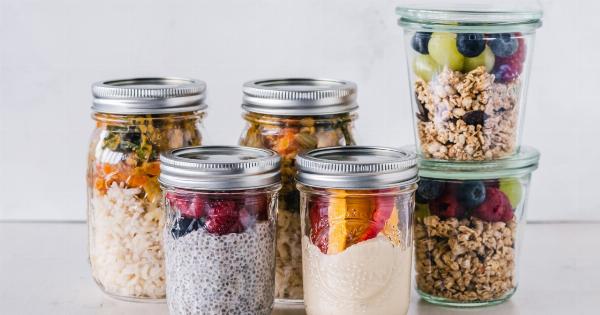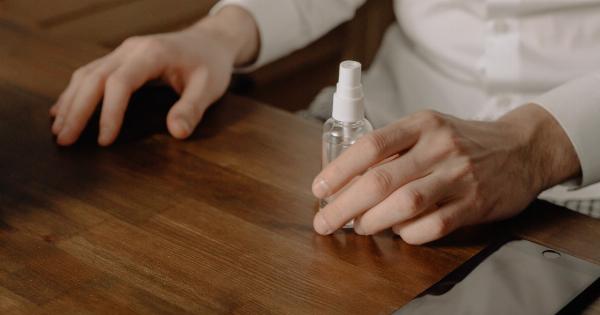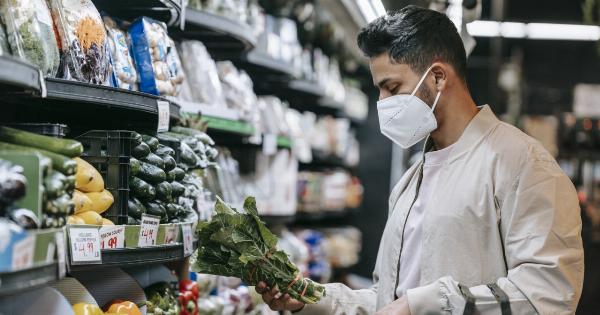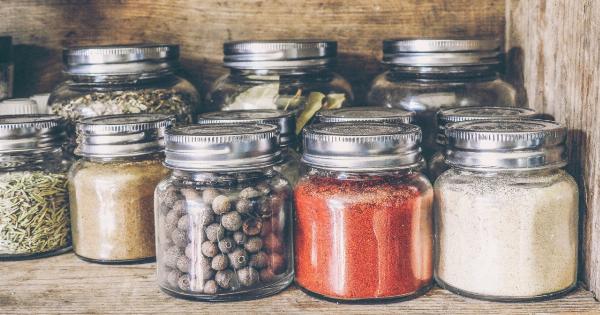When it comes to keeping your food fresh, there are several simple steps you can take to prolong its shelf life and maintain its quality.
Whether you’re storing leftovers, fresh produce, or pantry items, these 11 easy tips will help you make the most of your food and reduce waste.
1. Properly Store Leftovers
Leftovers can be a lifesaver when you’re short on time or looking to minimize food waste. To ensure they stay fresh, store them in airtight containers and refrigerate promptly.
Be sure to label the containers with the date to keep track of their freshness, and consume within 3-4 days.
2. Keep Your Fridge Organized
An organized fridge not only makes it easier to find what you need, but it also helps maintain freshness. Group similar items together and keep perishable items at eye level to ensure they don’t get forgotten.
Regularly check and discard any expired or spoiled foods to prevent odor and cross-contamination.
3. Utilize Storage Containers
Invest in quality storage containers that are airtight and leak-proof. These containers will help keep your food fresh by preventing air and moisture from getting in.
Opt for clear containers to easily identify the contents and choose stackable ones to maximize space in your fridge or pantry.
4. Wrap Fresh Produce Properly
Properly wrapping fresh produce helps retain its freshness and prevents wilting or spoilage. Store leafy greens, herbs, and asparagus in a jar with water at the bottom, much like a bouquet, to keep them crisp.
Use vegetable bags or paper towels to absorb excess moisture from fruits and vegetables that release ethylene gas.
5. Freeze Excess Food
If you have more food than you can consume before it goes bad, freezing is a great option. Frozen food can retain its freshness for months.
Make sure to use freezer-friendly containers or bags and remove any excess air before sealing to prevent freezer burn. Label each item with the name and date for easy reference.
6. Store Pantry Staples Properly
Pantry staples like flour, rice, and cereals can lose their freshness if not stored properly. Transfer them to airtight containers to keep out moisture, pests, and odors.
Keep these containers in a cool, dry place away from direct sunlight to maintain their quality and prevent spoilage.
7. Use Vacuum Sealers
Vacuum sealers are excellent tools for extending the shelf life of your food. They remove air from the packaging, preventing bacteria growth and oxidation that can lead to spoilage.
This technique is particularly helpful for storing meat, fish, and other perishables.
8. Rotate Your Food
To ensure you use your food before it expires, practice the “first in, first out” rule. When organizing your fridge or pantry, place newly purchased items behind older ones.
This way, you will automatically reach for the older items first, preventing them from going bad unnoticed.
9. Store Herbs in Water
Extend the shelf life of fresh herbs like parsley, cilantro, and basil by treating them like flowers. Trim the stems and place them in a jar with water, covering the leaves with a plastic bag.
This method keeps herbs fresh for longer, ready to be used when the craving strikes.
10. Avoid Overpacking Your Fridge
A crowded fridge restricts airflow, making it harder for your food to stay fresh. Avoid overpacking and give your food some breathing room. Proper air circulation helps maintain a consistent temperature and promotes freshness.
11. Check your Fridge Temperature
Keeping your fridge at the correct temperature is crucial for food freshness. The ideal temperature range is between 35°F (1.7°C) and 38°F (3.3°C).
Use a refrigerator thermometer to ensure your fridge is within this range, avoiding both bacteria growth and premature spoilage.
